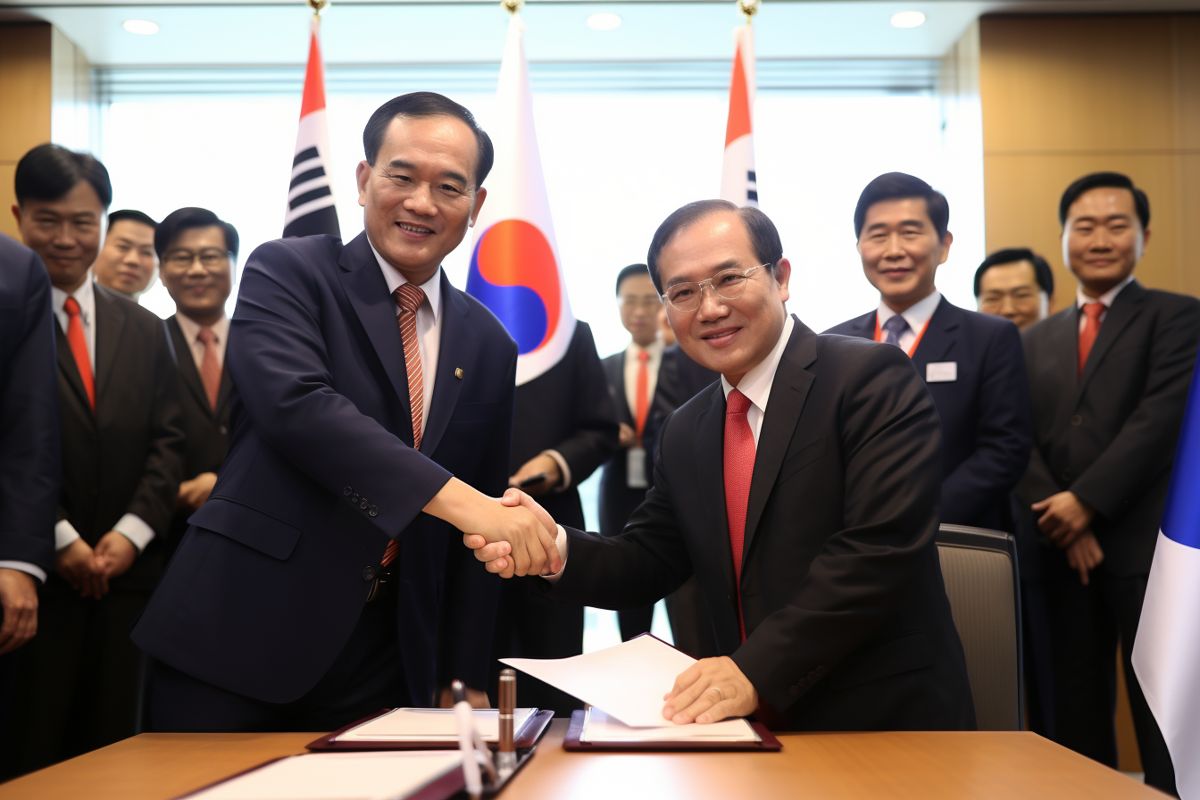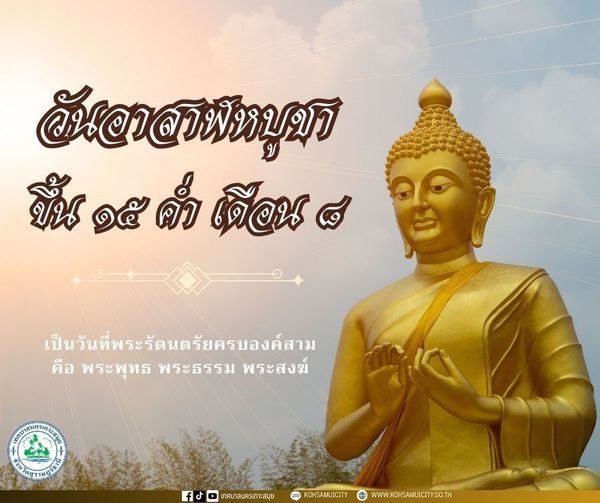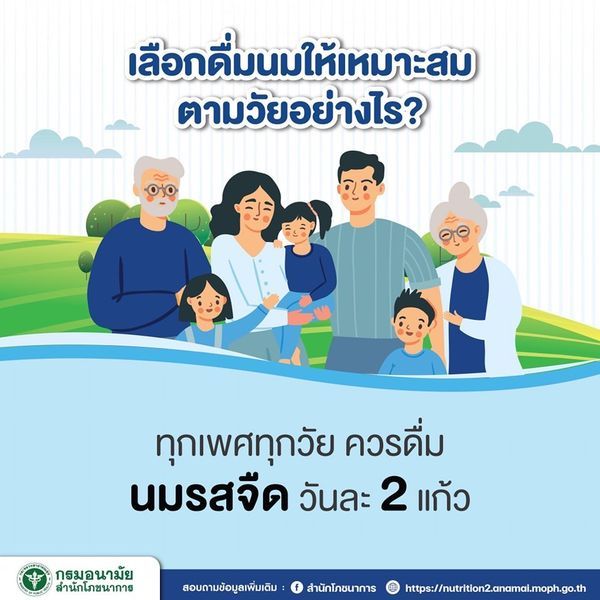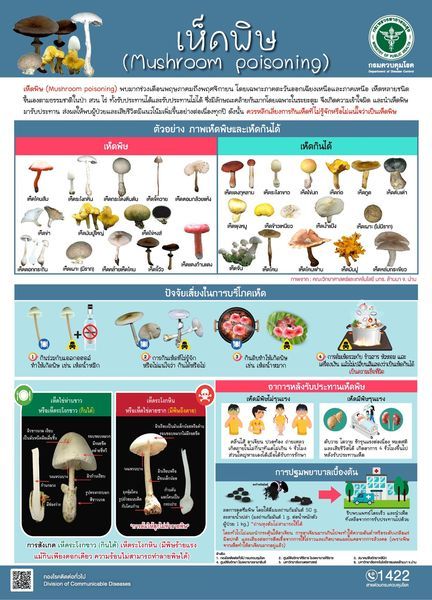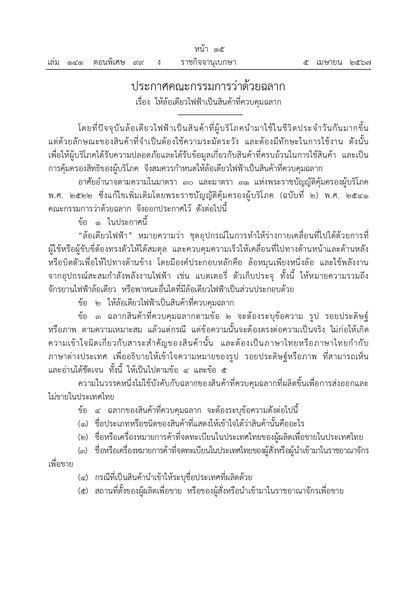📢 South Korea’s Foreign Affairs Ministry expresses regret over Thai tourists being denied entry, sparking the trending hashtag #BanTravellingtoKorea. Despite having valid travel tickets and bookings, Thai netizens shared their experiences of rejection, leading to measures being implemented to curb illegal work and a consular strategic conference with Thailand. 🌏✈️💔
SouthKorea #ThaiTouristsDeniedEntry #Regret #IllegalWork #ConsularConference #TravelIssues #TrendingHashtag #TourismBan
South Korea’s Foreign Affairs Ministry has voiced its regrets over recent instances where Thai tourists were denied entry by immigration officers. This information comes directly from the Thai Foreign Affairs Ministry, which noted a rising trend of Thais being disallowed from entering South Korea.
#BanTravellingtoKorea Trending on Social Media
The conversation between Thai foreign affairs permanent secretary, Saran Charoensuwan, and South Korean First Vice Minister of Foreign Affairs, Chang Ho-jin, comes in light of a trending hashtag on X (previously Twitter) – #BanTravellingtoKorea.
The hashtag gained traction following numerous posts from Thai netizens, including celebrities and influencers, who shared their experiences of being denied entry by South Korean Immigration officers. The trend made X’s weekly top 10, fueled by a post from a traveler who had been to South Korea four times but was rejected on her most recent attempt despite having valid travel tickets, a tour program, and hotel bookings.
The Fallout
She relayed how the immigration officer asked her if she hadn’t visited the country enough times already and proceeded to deny her entry. This October 24 post has garnered over 9.2 million views and 22,000 reposts. The post triggered a slew of similar stories from other Thais who had endured comparable experiences.
In response to the growing concerns, Prime Minister Srettha Thavisin vowed to delve into the issue. Saran Charoensuwan highlighted the increasingly negative perceptions Thais held about visiting South Korea.
South Korea’s Response
Chang Ho-jin expressed regret over these incidents, stating he wouldn’t want them to tarnish either the individual perceptions of South Korea or the diplomatic ties between the two nations. He clarified that while some officers might have enforced stricter rules, there were no official policies in place to preclude Thai visitors from entering the country.
The South Korean Ministry also announced measures to curb Thai nationals from working illegally in the country. These steps include a voluntary departure program that allows unauthorized workers to present themselves to South Korean authorities and return to Thailand without being blacklisted. An Employment Permit System (EPS) quota is another such measure, allowing 4,800 Thai laborers to work legally in South Korea each year.
Joint Efforts to Address the Issue
Both nations have agreed to convene a consular strategic conference to further address this issue. Concurrently, Labour Minister Phiphat Ratchakitprakarn instructed the Department of Tourism and the Thai Travel Agents Association (TTAA) to discourage agencies from facilitating Thais to work illegally in South Korea.
Phiphat Ratchakitprakarn stated that an estimated 100,000 Thai laborers are working illegally in South Korea, compared to the 93,118 Thai workers who secured work through the government’s EPS service. Recognizing South Korea’s issue with illegal workers, the ministry has established a special task force to screen for illegal laborers at Suvarnabhumi and Don Mueang airports. Another task force is focusing on suppressing advertisements for undocumented jobs in South Korea on social media platforms.
Frequently Asked Questions
1. What is the reason behind the trending hashtag #BanTravellingtoKorea on social media?
After numerous Thai travelers, including celebrities and influencers, were denied entry into South Korea despite valid travel documents and bookings, a conversation sparked on social media. A particular post from a frequent traveler to South Korea who had been denied entry on her most recent visit led to the trending hashtag #BanTravellingtoKorea. The trend spread as more Thais shared similar experiences of rejection at the hands of South Korean Immigration officers.
2. How has South Korea’s Foreign Affairs Ministry responded to the issue of Thai tourists being denied entry?
Chang Ho-jin, South Korean First Vice Minister of Foreign Affairs, expressed regret over the incidents of Thai tourists being denied entry. While some immigration officers may have imposed stricter rules, he clarified there were no official policies barring Thai visitors. Moreover, the South Korean Ministry announced measures to address the issue of Thai nationals working illegally in the country, including a voluntary departure program and an Employment Permit System (EPS) quota.
3. What joint efforts are being made by Thailand and South Korea to address this issue?
Both nations have agreed to hold a consular strategic conference to further discuss and address this issue. Concurrently, Thailand’s Labour Minister has instructed the Department of Tourism and the Thai Travel Agents Association to discourage agencies from facilitating illegal work in South Korea. Additionally, special task forces have been established to screen for illegal laborers at airports and suppress advertisements for undocumented jobs in South Korea on social media platforms.
